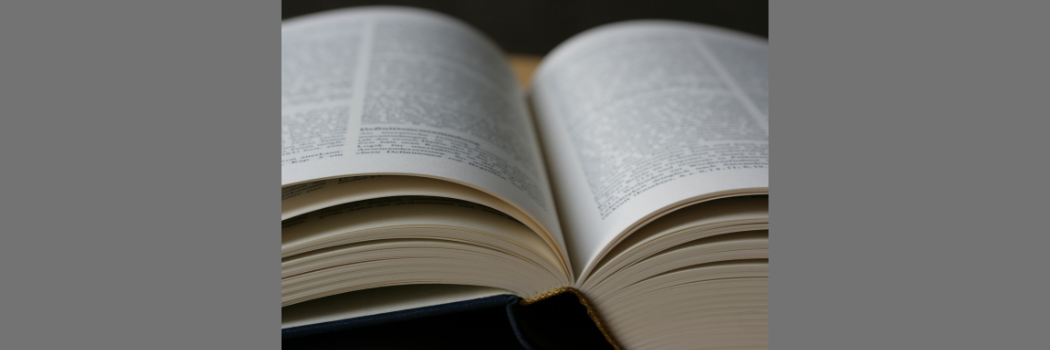
On English Language Day, Professor Neil Cartlidge from our English department explains how the language we use today was heavily influenced by medieval culture.
What is your research about?
My research is on the literary and intellectual culture of the Middle Ages. It focuses on the ways in which distinctly medieval ways of thinking continue to shape fundamental aspects of today's language and society.
What words in the modern lexicon have been influenced by other languages from an earlier time?
Modern English has been heavily influenced by two of the other languages that were widely used in medieval England: French and Latin.
This is visible in triplets of synonyms such as rise, mount, ascend or ask, question, interrogate or holy, sacred, consecrated. In each case, the first item in the triplet derives from Old English, the second from medieval French, and the third from Latin. Each of these languages bring certain connotations with it.
The words drawn from French and Latin add texture and complexity, and in this way add to the richness of modern English's lexicon.
It is worth thinking about the process by which this enrichment happened. The explanation is that all three languages once co-existed and were widely used. Our vocabulary reflects the fact that medieval England was a multilingual society.
What other work have you got coming up in this area?
The book I am working on in collaboration with Dr Judy Weiss, of Robinson College, Cambridge University) is a translation – for the first time in modern English – of a romance called Ipomedon. It was written in French in the 1180s, but its author was an Englishman, and its range of reference is almost entirely local to Hereford and Herefordshire. It might seem strange that French could be the medium for a text that is in other respects so provincial; but Ipomedon reflects a time when many English people were used to switching between English and French.






